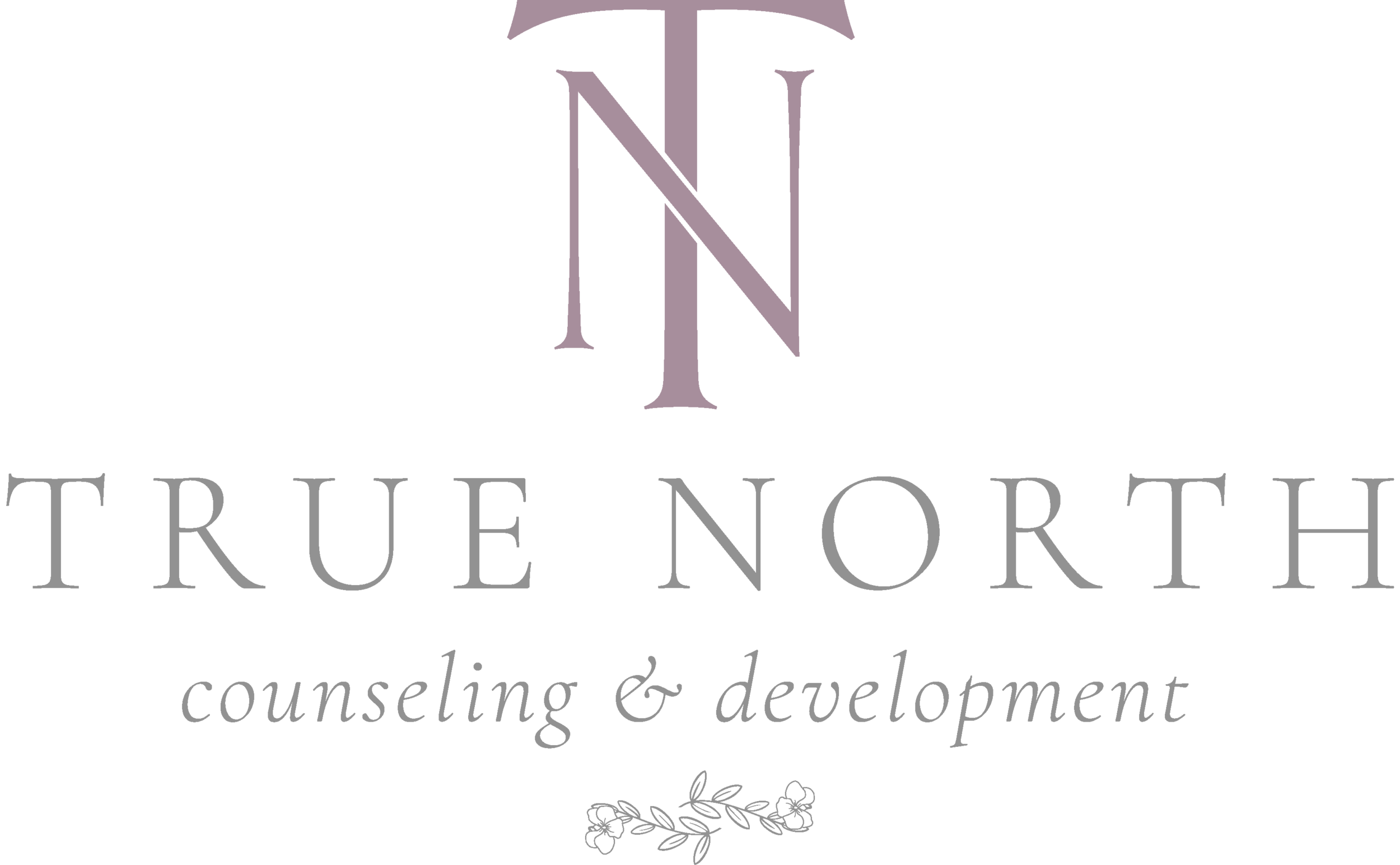Getting Into the Feels: Is it Shame or Is it Guilt?!
Welcome back! Give yourself a pat on the back for continuing to lean into curiosity and vulnerability and taking a deeper dive into feelings. This post is going to help you discern whether an emotional experience is shame or guilt.
Quite often, many people use these terms interchangeably. In reality, these emotional experiences refer to two distinct emotional states. When we experience guilt, it is due to our behaviors and how those behaviors negatively affect our lives and relationships. We all make mistakes, and that feeling of guilt serves as a motivator to make corrective action. If you miss a deadline resulting in disappointment from your boss or team, guilt serves as that reminder that we did not do our best and we need to be more diligent with our time and task efficiency. If you say something negative behind someone’s back, and they later confront you about it, guilt reminds you how you acted against your values or hurt someone’s feelings, thus hopefully motivating you to not do that behavior again.
In contrast, shame is an emotion that focuses on the negative aspects about someone’s worth and value as a human. If by making mistakes, you tell yourself that you are worthless, the worst person alive, and/or how dare you even exist on this Earth for doing such an act…that my friends is shame talking. Shame is that never ending inner critic inside your head and constant inadequacy feeling that takes a firm grip on your life. Shame is a universal emotional experience. I love Brene Brown’s research and books that talk about shame. She expertly describes how shame thrives in three things: Secrecy, Silence, and Judgment. When we hide ourselves from the world, keep our vulnerabilities silent, and get hard on ourselves for even the most human of mistakes, we allow shame to keep us in a chokehold. Shame keeps us from experiencing joy and being our most authentic selves.
Another important distinction between the two is that only one of these positively impacts behavior. Can you take a guess on which one it is? If you guessed guilt, you would be correct! Shame is not a motivator for changed behavior. When we shame ourselves and others for being awful humans with no value for the mistakes we made, all we are doing is tearing someone/ourselves down. If a person feels worthless, useless, and hopeless, what motivation is there to change? Why bother?! In contrast, guilt positively impacts behavior because guilt does not attribute value on the individual who made the mistake. Guilt says, I am still a worthy human, I just messed up today…I can do better next time.
As I mentioned earlier, shame and guilt are inevitable emotional experiences because we are human…we are not perfect. But with both of these emotions, there are remedies and strategies that help to mitigate them. Both will need a frequent dose of empathy and self-compassion, as these acts of self-kindness remind us of our humanness and how we are not alone in these struggles. Additionally, establishing and upholding personal values give our lives a stable guidepost to refer back to and realign ourselves when necessary to minimize occurrences of incongruency. Shame and guilt alike can be overwhelming for many, so it is important to give yourself grace when they arise. While the above strategies can be understood easily, most find them extremely difficult to practice on the regular.
In the next week, I encourage you to continue with an affirmation practice. You may find these affirmations to be helpful:
Shame dies in safe spaces.
My feelings are valid, and I have the right to share my experiences. Sharing my emotions does not make me less than or weak.
When I make mistakes, I am not less than or an awful human.
All people make mistakes, and I have strengths and talents that can help me work through them.
I am worthy to be seen. I am allowed to embrace and showcase myself, my voice, my talents/skills, and my life.
*Reminder, while these posts are not designed to replace or serve as therapy, I do hope you find them educational and insightful. If at any point in reading these posts, you start experiencing distress or the lightbulbs start turning on that what you’ve learned needs to be discussed with a professional, the therapists at True North Counseling & Development will be happy to help you with your needs. You can contact True North at 859-740-7374.

